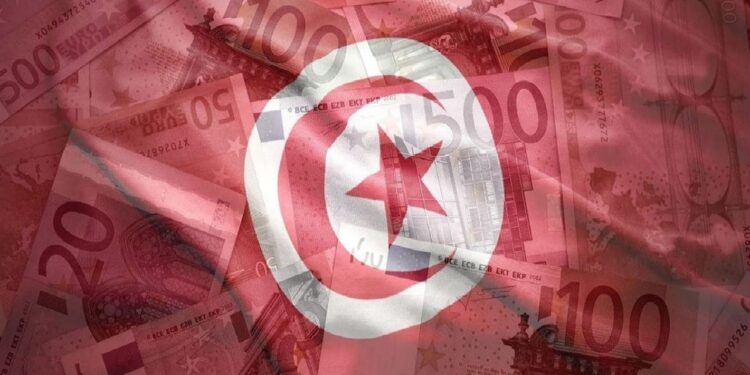Tunisia has settled all of its external deadlines three months before the end of the year, a sign of financial resilience and increased autonomy in the face of international donors.
Tunisia managed to reimburse 125% of its debts outside September 2025, the equivalent of 8,469 million dinars, thus exceeding the objectives set by the finance law.
According to data from the Ministry of Finance, relayed by the TAP agency, the country therefore ended all of its external commitments for the current year, three months before the deadline, marking a notable step in the consolidation of its macroeconomic balances.
Tourist income, TRE and olive oil transfers
Thanks to a policy oriented towards self -financing and diversification of external revenues, Tunisia has managed to cover its needs in recent years without resorting to new international loans.
This performance is mainly attributed to the increase in tourism income, to the transfers of Tunisians abroad and to the progression of exports of olive oil, which fueled the reserves in currencies necessary for the reimbursement of the debt.
According to a European Bank report for reconstruction and development (BERD), the share of external debt in total public debt fell 70% in 2019 to 50% in 2025.
The institution also provides for a drop in the overall outstanding public debt to 80.5% of GDP by the end of 2025, confirming the efforts undertaken to control the debt service and stabilize public finances.
Distribution and debt charges
For 2025, the state budget provides for a total reimbursement of 18.2 billion dinars, including 8.5 billion for external debt and 9.7 billion for domestic debt. The interest associated with these reimbursements amounted to 6.5 billion dinars, divided between 4.6 billion for the interior debt and 1.9 billion for the external debt.
The main external deadlines concern the International Monetary Fund (1126 MD), Afreximbank (815 MD) and Saudi Arabia (159 MD).
World Bank analyzes, in its report on international debts, confirm that Tunisia effectively manages its external debt.
The share of the debt service in the gross national product remains controlled, despite a significant proportion of short -term debts.
These indicators reflect increased resilience of the Tunisian economy, capable of dealing with its financial obligations without immediate dependence on international financing institutions.








